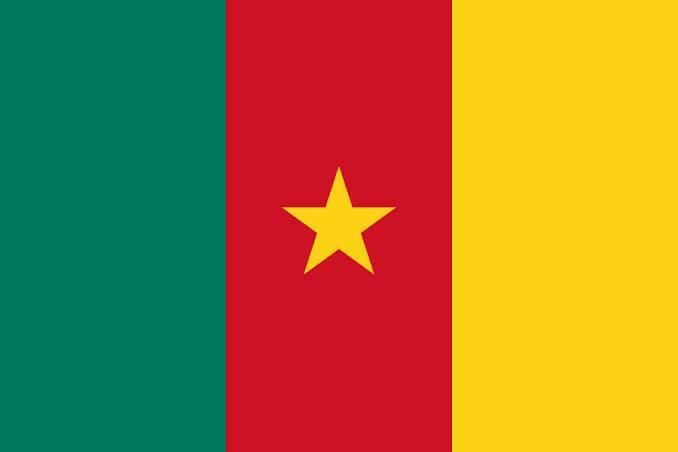A few interesting facts about the country Cameroon are laid out in the paragraphs below, giving you a vivid description of its history and pride as a very accomplished nation state on the continent of Africa.
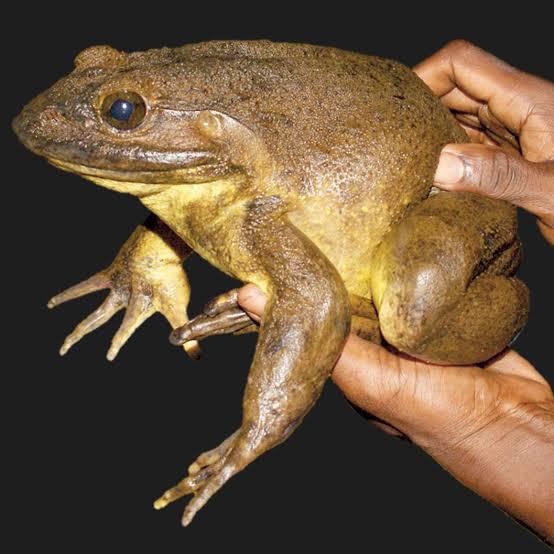
• Cameroon is home to the world's largest frog. The goliath frog (Conraua goliath) can grow up to 34cm long and weighs up to 3.2kg. They also build their own ponds using heavy rocks.
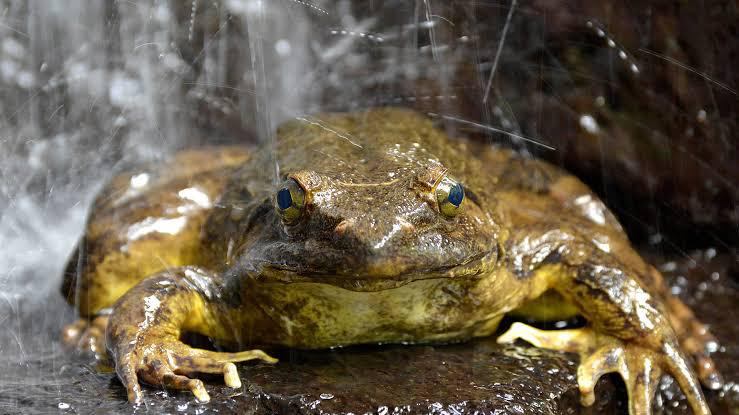
• The Debundscha point (along the nearby village of Debundscha), nestled between Mount Cameroon and the Atlantic Ocean is reported to be one of the wettest places on Earth. It has a mean annual precipitation of more than 10,000 mm - an average volume rarely seen elsewhere in the world.
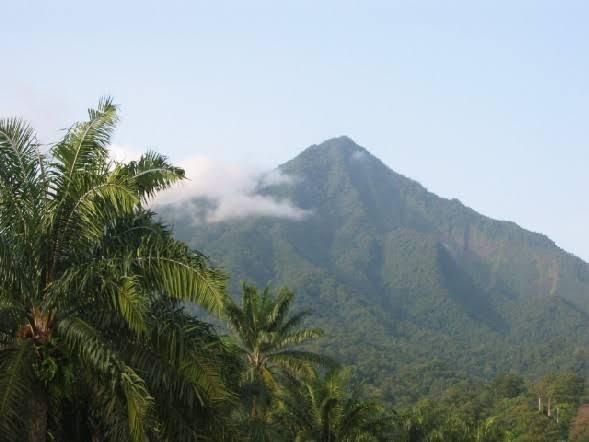
• Cameroon also boasts of rich biodiversity. Its UNESCO world heritage site of Dja Reserve is one of Africa's largest and best-protected rainforests containing over 107 mammal species. Every variety of flora and fauna available in tropical Africa can also be found in Cameroon.
• Cameroon is the first African country to make it to the quarter finals of the FIFA World Cup that takes place every four years. The country's male football team nicknamed "The Indomitable Lions" lost to England in 1990 (Italia) in the quarter final close run match.
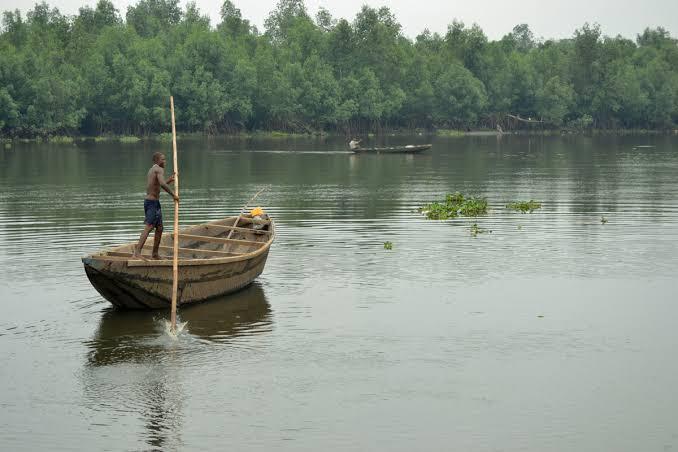
• Cameroon's agriculture, forestry and solid minerals sector contributes significantly to its gross domestic product (GDP). It ranks as one of the world's largest producers of cocoa beans which are mainly grown in the south. Also, it is reported that the amount of cobalt deposits in Cameroon are massive enough to make it a major world producer.
• Cameroon is the only country in the world named after a crustacean. It was named Cameroon after Portuguese explorer Fernado Po reached the Cameroon coast in 1472 and was struck by an army of prawns he found in River Wouri. Portuguese explorers renamed the area Rio dos Camarões (Shrimp River) and this became Cameroon in English.
